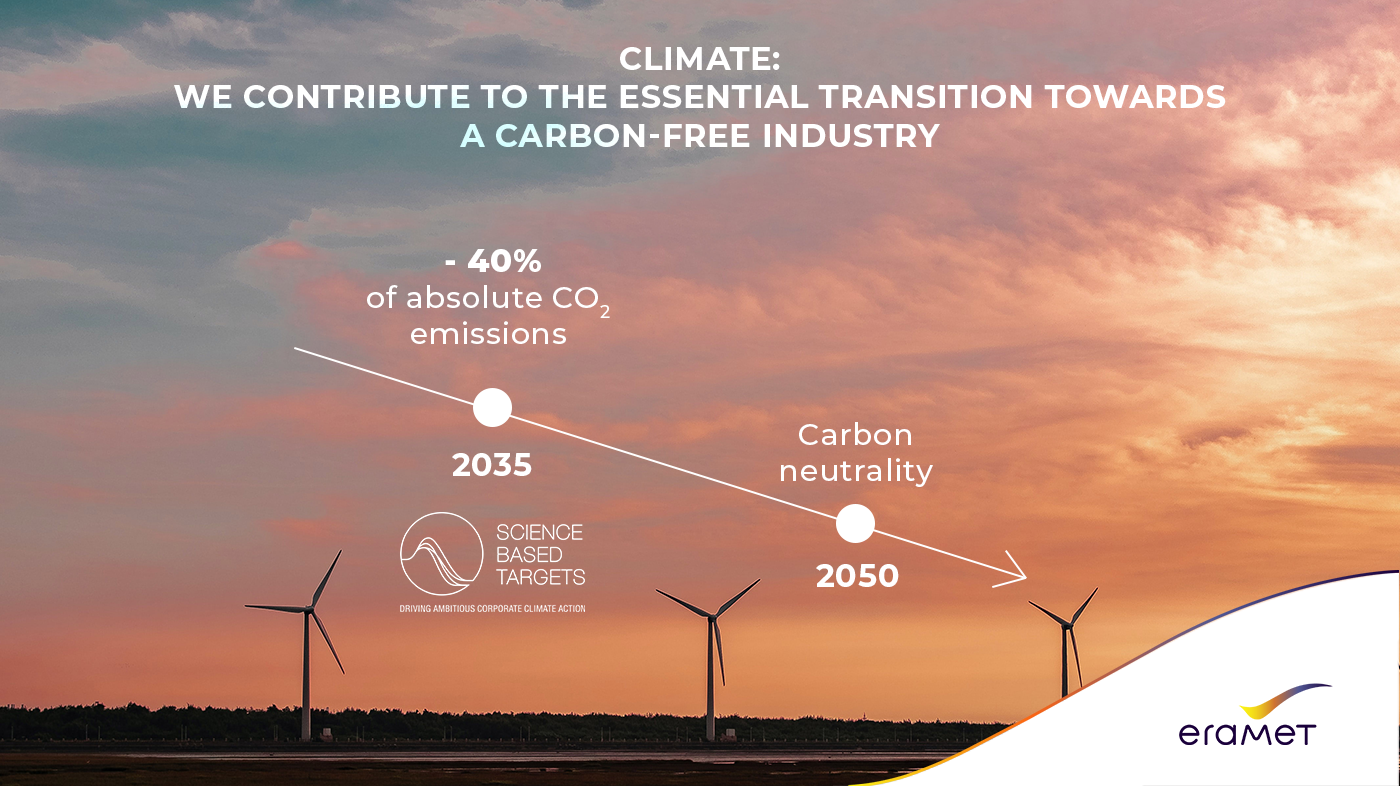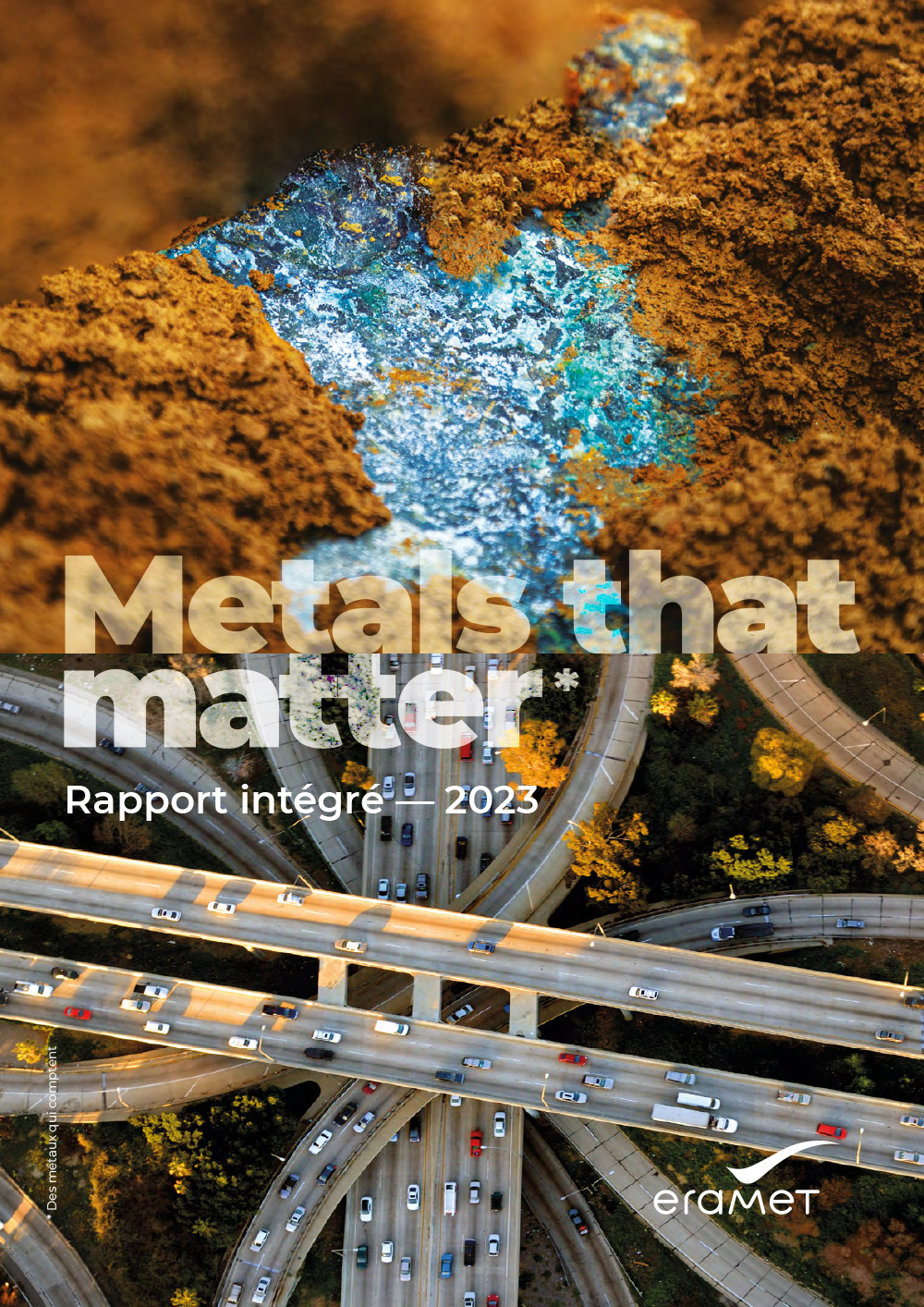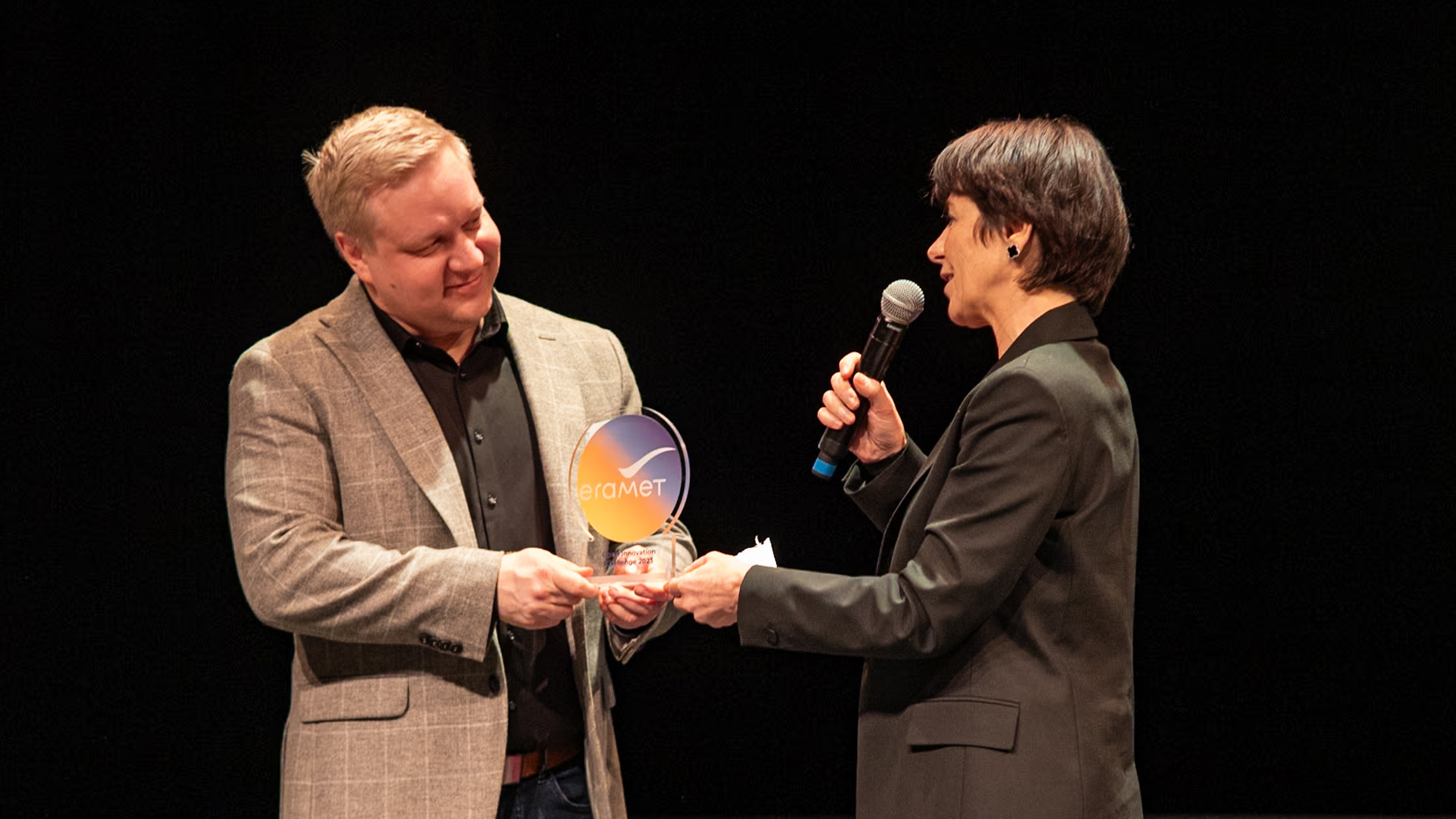The Eramet group set a target in its 2018-2023 CSR roadmap: to reduce carbon intensity (the amount of CO2 per ton of outgoing product) by 26% in 2023 compared to 2018. This goal has been reached in 2021.
To continue its contribution to combatting climate change, Eramet wanted to set a new 15-year objective, in line with the Paris Agreement and the recommendations of the Intergovernmental Panel on Climate Change (IPCC): a 40% reduction in absolute emissions by 2035 (compared to 2019) in scopes 1 & 2 (that is to say emissions due to the company’s activity). This is a new step for the Group towards carbon neutrality in 2050.
The objective has been validated by the Science Based Targets initiative (SBTi), a collaboration between the Carbon Disclosure Project (CDP), the United Nations Global Compact, the World Resources Institute (WRI) and the World Wide Fund for Nature (WWF). The SBTi ensures that the commitments made by the companies participating in the process are relevant and compatible with the Paris Agreement.
This objective is accompanied by a commitment to encourage our suppliers and customers to reduce their emissions (scope 3) so that they set their own “Science Based Targets” objective for 2025.
In 2021, Eramet is continuing its carbon intensity reduction efforts. Its most recent projects include installing a hybrid solar power plant with battery energy storage in Senegal to supply the mineral sands production site of GCO (Senegalese subsidiary of Eramet). Signed in September 2021, the memorandum of understanding with CrossBoundary Energy, which will design, build and operate the plant, includes commissioning in early 2023. The renewable energy produced will be entirely dedicated to GCO, under a 15-year distribution contract.
Christel BORIES
Eramet Group Chair and CEO
This objective of a 40% reduction by 2035 represents our contribution to combatting climate change, which involves an essential transition to a carbon-free industry. The SBTi’s validation of our objective recognizes the relevance of our drive to reduce our CO2 emissions carried out for several years, with the aim of achieving carbon neutrality in 2050.
By controlling our emissions, developing our lowest-carbon activities and supplying metals essential to the energy transition, we are transforming our industry and providing solutions to tackle the crucial climate challenge.





